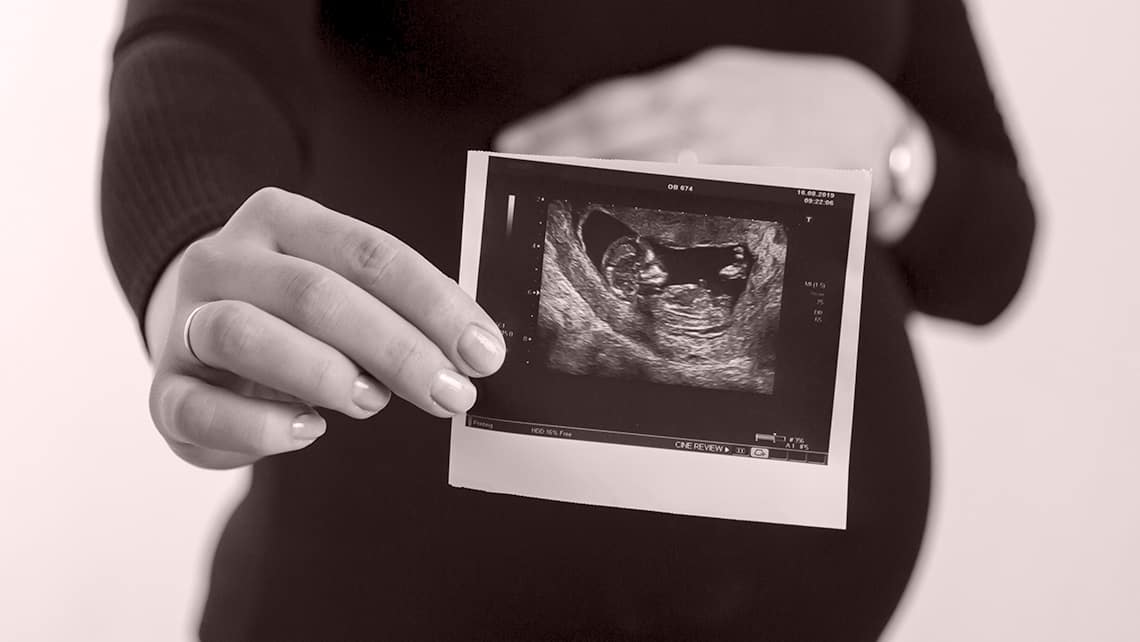
Can I freeze my eggs? When is it advisable? What does the treatment consist of? Is the woman’s age important?
These questions are becoming commonplace in our daily gynaecological office. The reason to preserve our eggs are varied. Nowadays we should know much more about Fertility Preservation, as there are many cases in which it can be useful and it would not make sense to miss the opportunity to help our patients and our fellow gynaecologists and oncologists.
Índice
When is it recommended to preserve your fertility?
An example would be when a woman has not clearly established her planning for childbearing but does not want to take the risk of reaching an age at which she might have difficulties due to a decrease in her ovarian reserve. This might be the case of a woman with a partner with whom she does not wish to share pregnancy at the moment; also, for work or social reasons, pregnancy is not considered as an option at this time.
In these cases, the procedure is similar to the first part of an In Vitro Fertilisation cycle, right up to the moment when oocytes are harvested. The risks are minimal, as the medication protocols are usually gentle and a situation such as ovarian hyperstimulation is almost ruled out.
Other case would be when facing a disease which will cause a decrease or loss of ovarian reserve, e.g., breast cancer in a young woman who has not yet had children. Undoubtedly, nowadays the cure possibilities are so high, patients may consider having children after a period of time. These patients are going to receive a treatment that could (not in all cases) decrease their chances of pregnancy in the future. If we manage to preserve their fertility before starting the cancer treatment, we will be helping their life planning.
Thus, a multidisciplinary approach including the oncologist, gynaecologist and family will help us plan in the shortest possible time the possibility of vitrifying oocytes before we start treatment for the recently diagnosed disease.
In this case, the procedures to preserve fertility are different, seeking the least hormonal impact and the quickest way to obtain the oocytes.
Female fertility preservation
Within the alternatives we have available, the Oocytes Vitrification is the most scientifically established recommended procedure. We already have a great deal of experience with Egg Vitrification and pregnancy results after its use, once the woman is able to or wishes to become pregnant, are almost as satisfactory as when In Vitro Fertilisation treatment is carried out without having previously vitrified the oocytes. In experimental development and with promising results, the door is now open to the Cryopreservation of Ovarian Tissue.
Male fertility preservation
Nor should we forget that sperm freezing has been used for decades in cases such as the ones mentioned above in reference to oocytes, with excellent results.
We must also keep in mind that vitrifying oocytes does not guarantee a subsequent pregnancy; we are preserving “fertile capacity”. It is clear to all of us that the oocyte must be fertilized by a spermatozoon to form an embryo, and that this embryo must continue its development and establish a suitable connection in the woman’s uterus in order to implant and thus become pregnant. It is important to understand this, so pregnancy expectations are in line with reality.
In any case, nowadays, where the concept of Fertility Preservation is on the table in everyday clinical practice, and the techniques available offer very good results, we should not delay consulting a gynaecologist specialising in assisted reproduction if we have any doubts in this regard, as women naturally lose ovarian reserve over time, and it is common sense to think that the sooner we consider fertility preservation, the higher success chances we will have in the future.
At Instituto Bernabeu we want to support patients who suffer from any situation that may require oocyte cryopreservation, especially in oncological cases. For this reason, we have a specific programme so that, in a few days and in coordination with the patient’s medical team, we can carry out the necessary study and treatment to vitrify the oocytes that could later help the woman who has been cured of cancer to become pregnant.
For these cases, the Rafael Bernabeu Foundation has a specific free treatment programme.
Dr. Cecilia Quetglas (membership no. 070848200), gynaecologist at Instituto Bernabeu
